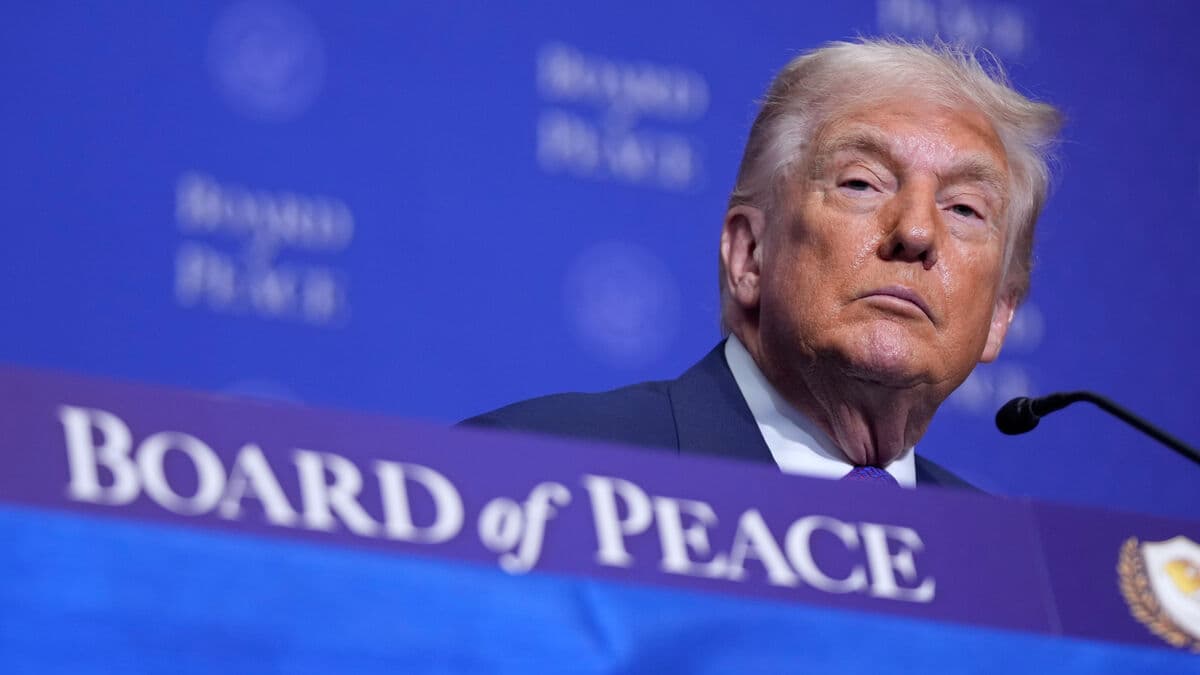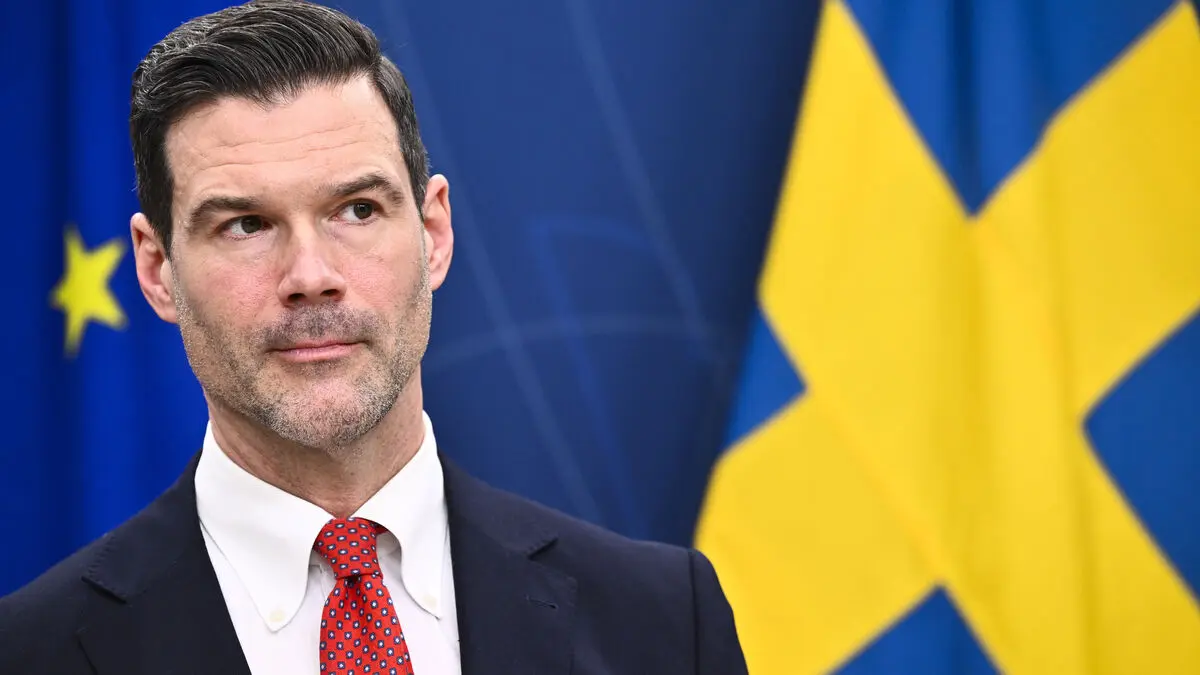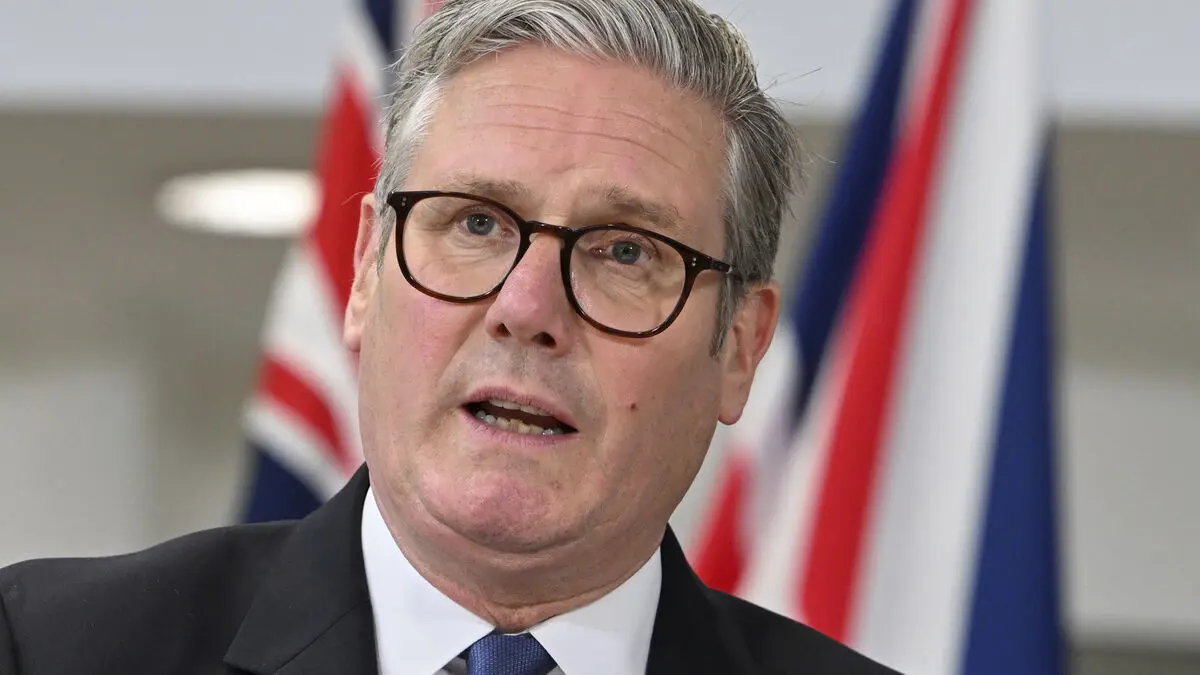A compromise proposal, in which several of the most controversial issues have been smoothed over, was approved by the member states' ambassadors on Wednesday morning, according to a press release .
"I am pleased that the member states have finally agreed on a way forward that includes a number of requirements for communication service providers to combat the dissemination of child abuse material," writes Peter Hummelgaard, Minister of Justice of the Danish presidency.
This means that final negotiations can now begin with the EU Parliament on the final form of the so-called CSAM legislation.
Dissatisfied critics
The bill, originally presented by the EU's former Home Affairs Commissioner Ylva Johansson in the spring of 2022, has been accused of entailing far too far-reaching control of chats and emails.
In the compromise that has now been worked out, however, words about mandatory scanning of private communications have been dropped. Instead, a voluntary option has been introduced.
The European Parliament, which agreed on its view of the proposal back in November 2023, has also taken a more restrained line from the beginning.
This paves the way for further changes in the final negotiations that are now about to begin.
“The fight continues”
Many critics are still not completely satisfied.
"Success! We have prevented mandatory chat control through a backdoor. . . But anonymity-breaking age checks and 'voluntary' mass scanning are still planned. The fight continues next year," wrote, for example, German Pirate Party member and former EU MEP Patrick Breyer in a post on X last week.
Wiktor Nummelin/TT
Facts: EU proposal against abuse
TT
CSAM (child sexual abuse material) is an abbreviation for material that contains child sexual abuse.
To combat this, the European Commission, led by Ylva Johansson (S), proposed new legislation in this area in May 2022.
The proposal quickly received criticism and was nicknamed “chat control” because, critics argued, all communication could be monitored as proposed. Since then, various compromises have been proposed, without receiving sufficient support from member states.
Since the consideration of the proposal has been delayed, the current rules have been extended until 2026 pending an agreement between the EU member states and the EU Parliament.






